Author: tegan
-
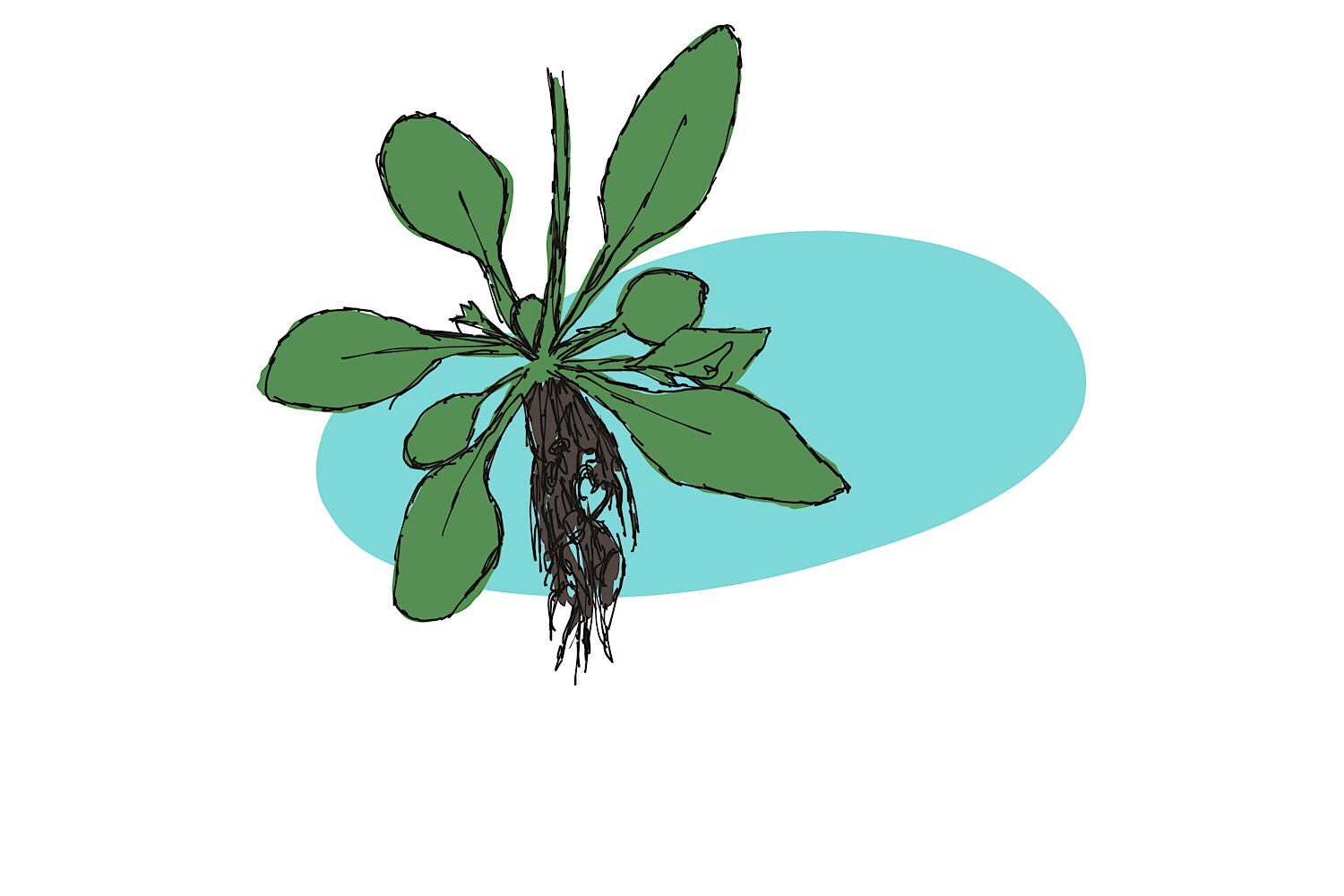
Single cell technology hits plant roots!
Often, when trying to find out what’s going on within our favourite green friends, we scientists simply grab a plants, grind it up, and perform a range of molecular or biochemical tests. But if we’re completely honest with ourselves, we’ll acknowledge that not all plant parts are created equal. … Read more
-

Choice of the bees: pollinator pressure and flower colour
The other day, my friend and I were musing over the fact that many flowering plants require a third party pollinator in order to complete the fairly simple act of reproducing. And that while this sexual ‘three-or-moresome’ has some pretty great advantages, it also forces plants to spend a fair amount of energy just in attracting the middle men.… Read more
-
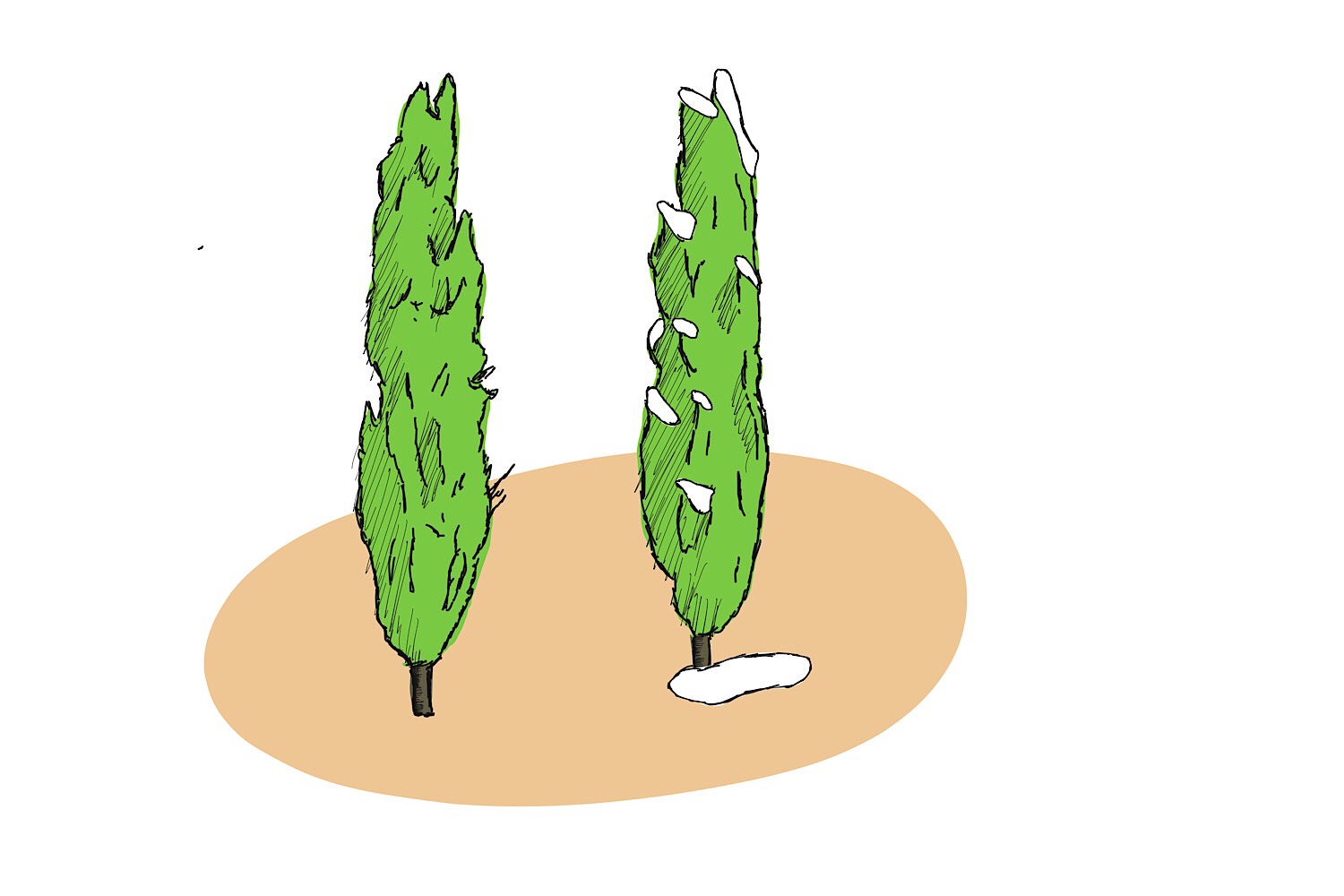
Knowing when it’s wintertime.
Winter time can be hard for plants, and many species that live in particularly cold climates do their best to ‘opt out’. When autumn comes, leaf shedding deciduous species effectively shut it all down. They reabsorb as many nutrients as they can from their leaves, throw the remaining orange-red husks to the ground, and hunker down for the cold times.… Read more
-
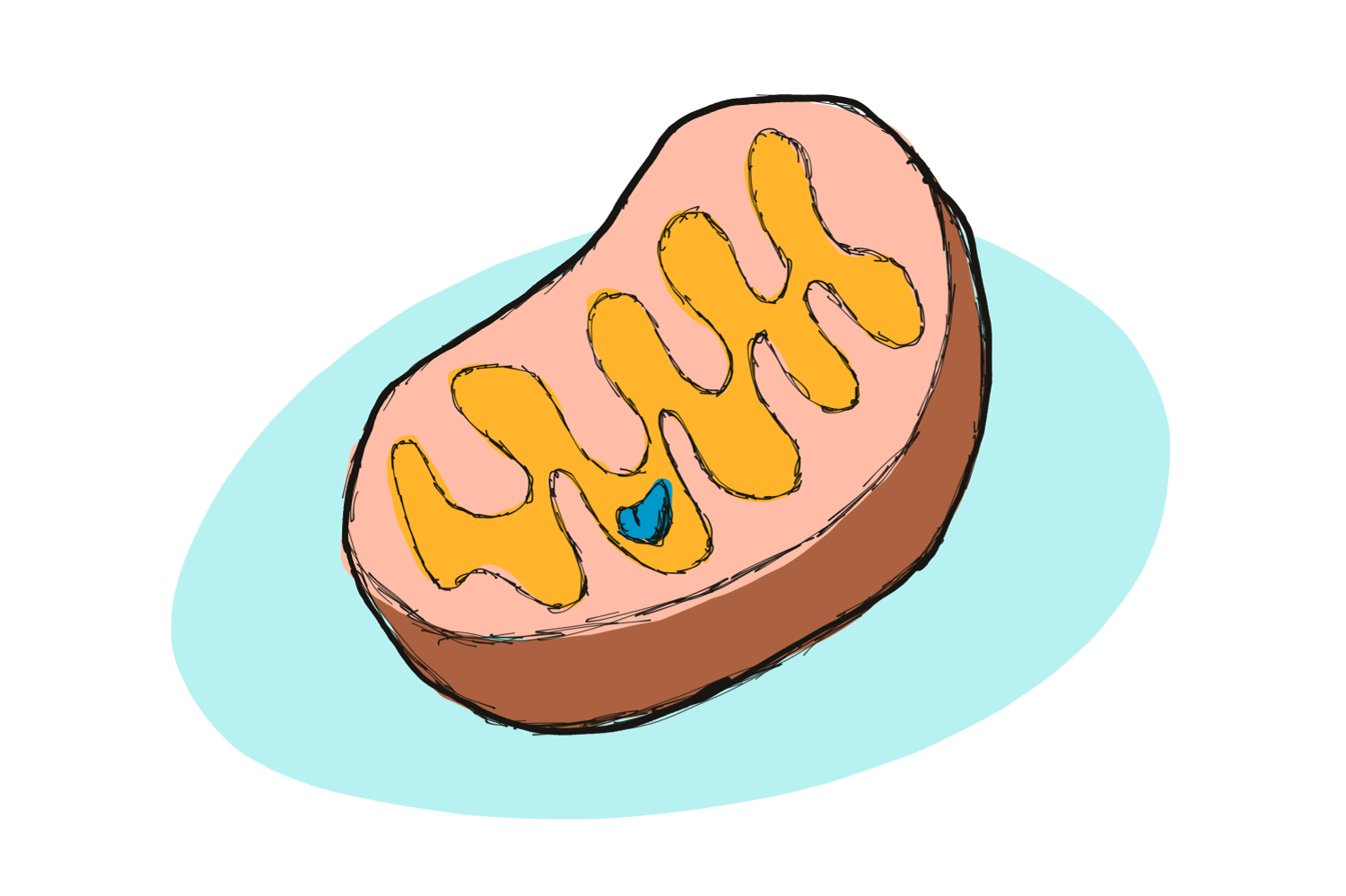
CTRL-C, CTRL-V: Plants plagiarize to make new mitochondrial proteins
You’ll probably remember this one from grade school biology. Mitochondria are ‘the powerhouse of the cell’. Which basically means that mitochondria take sugars and break them down to make energy.
But those little powerhouses were once so much more- they were an entire organisms. A very long time ago, a certain type of proteobacteria was engulfed by a single celled host organism, but that organism decided that instead of digesting the proteobacteria, it would hold onto it. With time, the proteobacteria evolved into the modern mitochondria, a process that involved most of its very own bacterial genome being stolen away, and sequestered in the nucleus of the host.… Read more
-
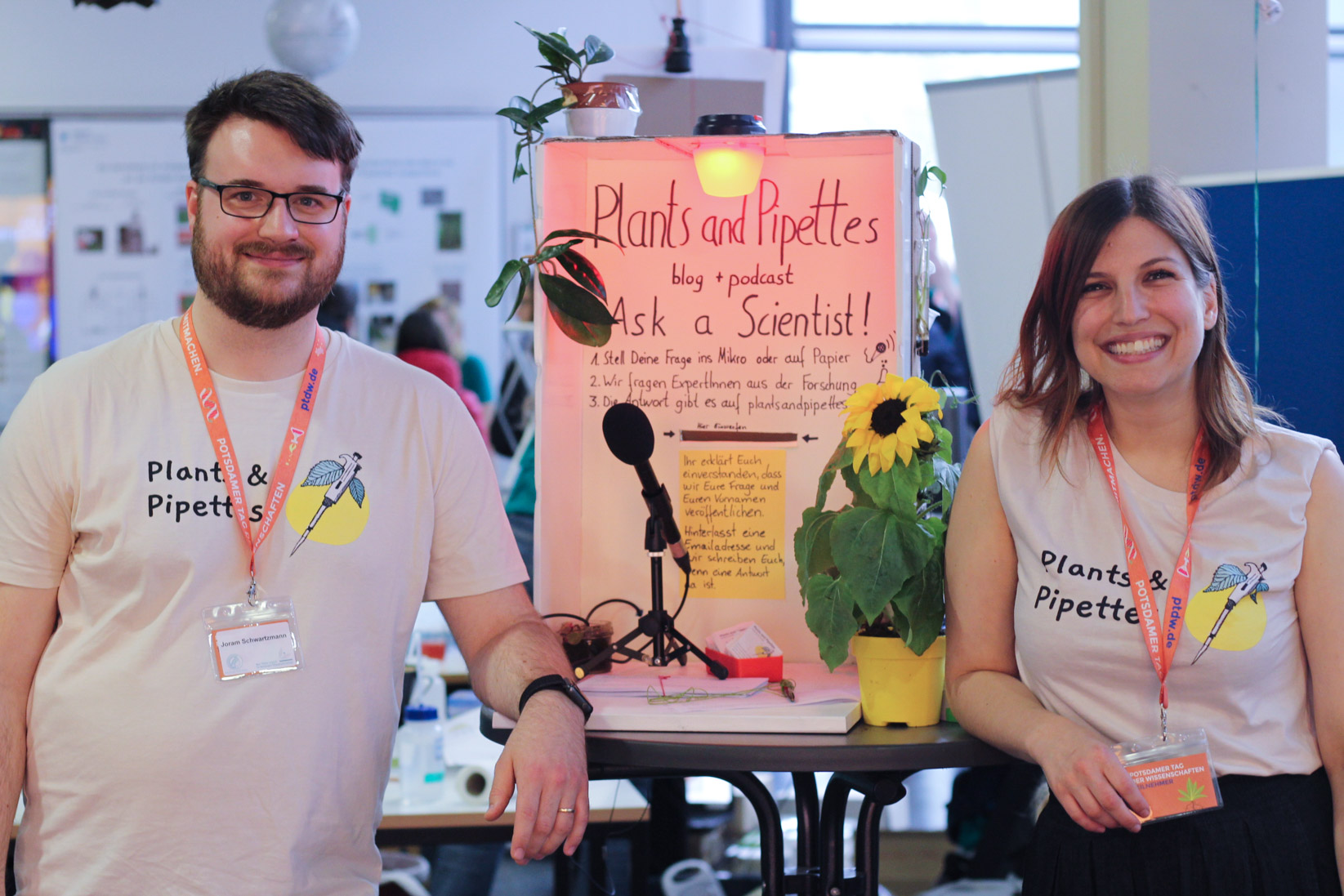
We were at PTDW
Hi all. Something a bit different today.
On the weekend, Joram and I went to Communicate Plant Science at the Potsdam Day of Science. Although the communication was in German, which gave me a bit of stress (Figure 1), we managed to have a nice time chatting to the public, giving away some sunflower seeds, and asking them to ask us questions!… Read more
-
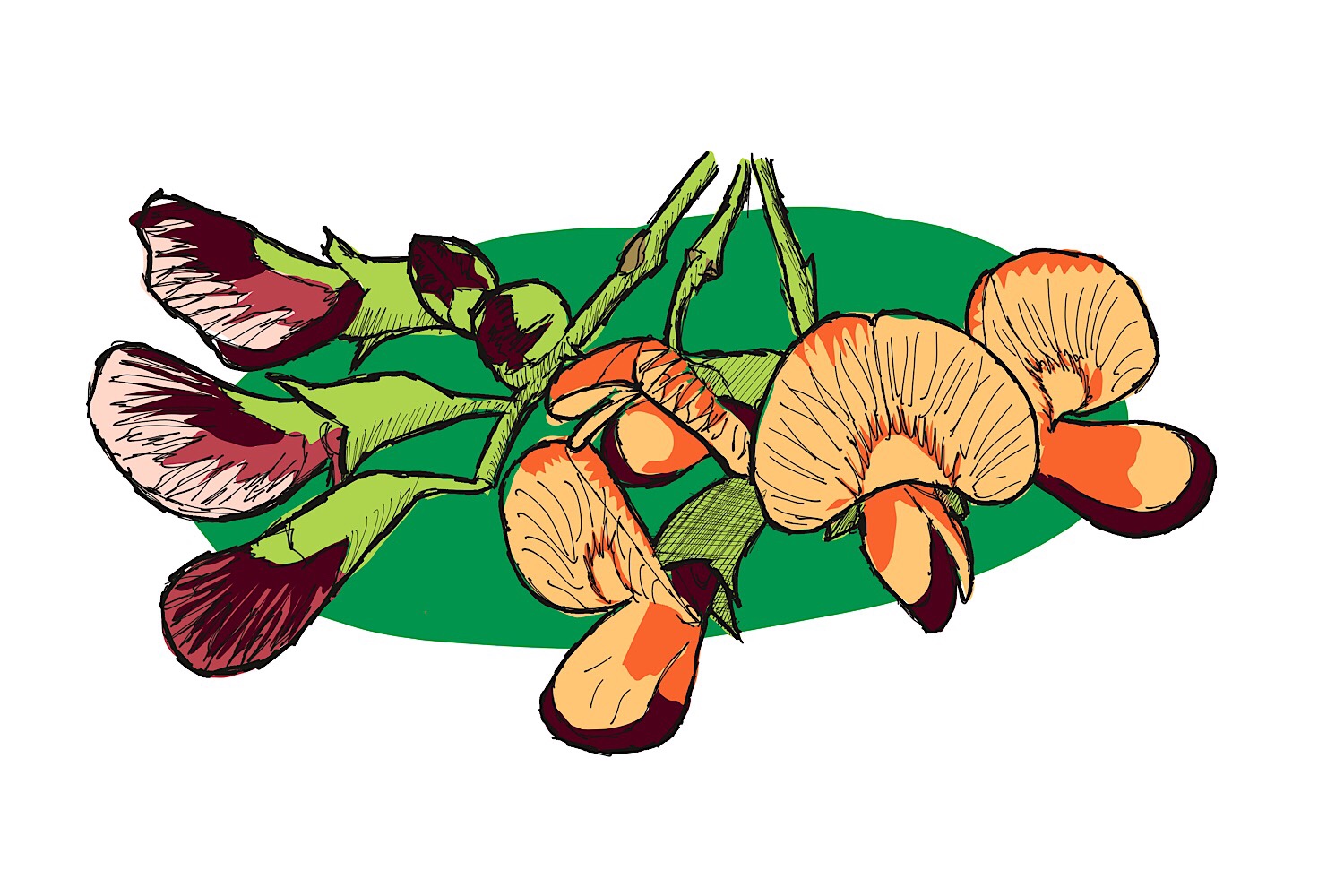
Poison Peas and the Australian Arms Race
The synthetic poison 1080 (pronounced ten eighty), is used widely in Australia and New Zealand to control the population of feral animals that threaten local species with extinction. While 1080 is fatal to feral fauna, the scientific magic of it, is that many native species can snack on the substance without any harm. All because of some peas, their poison, and a plant v. herbivore arms race.… Read more
-

‘You’ve got babies on your leaves’
Welcome to another episode of #didtheyreallycallitthat?!, in which we discuss the bizarre names that plant scientists give their favourite genes, proteins or mutants. Up today is the Arabidopsis transcription factor BABY BOOM. Can you guess what it does?… Read more
-
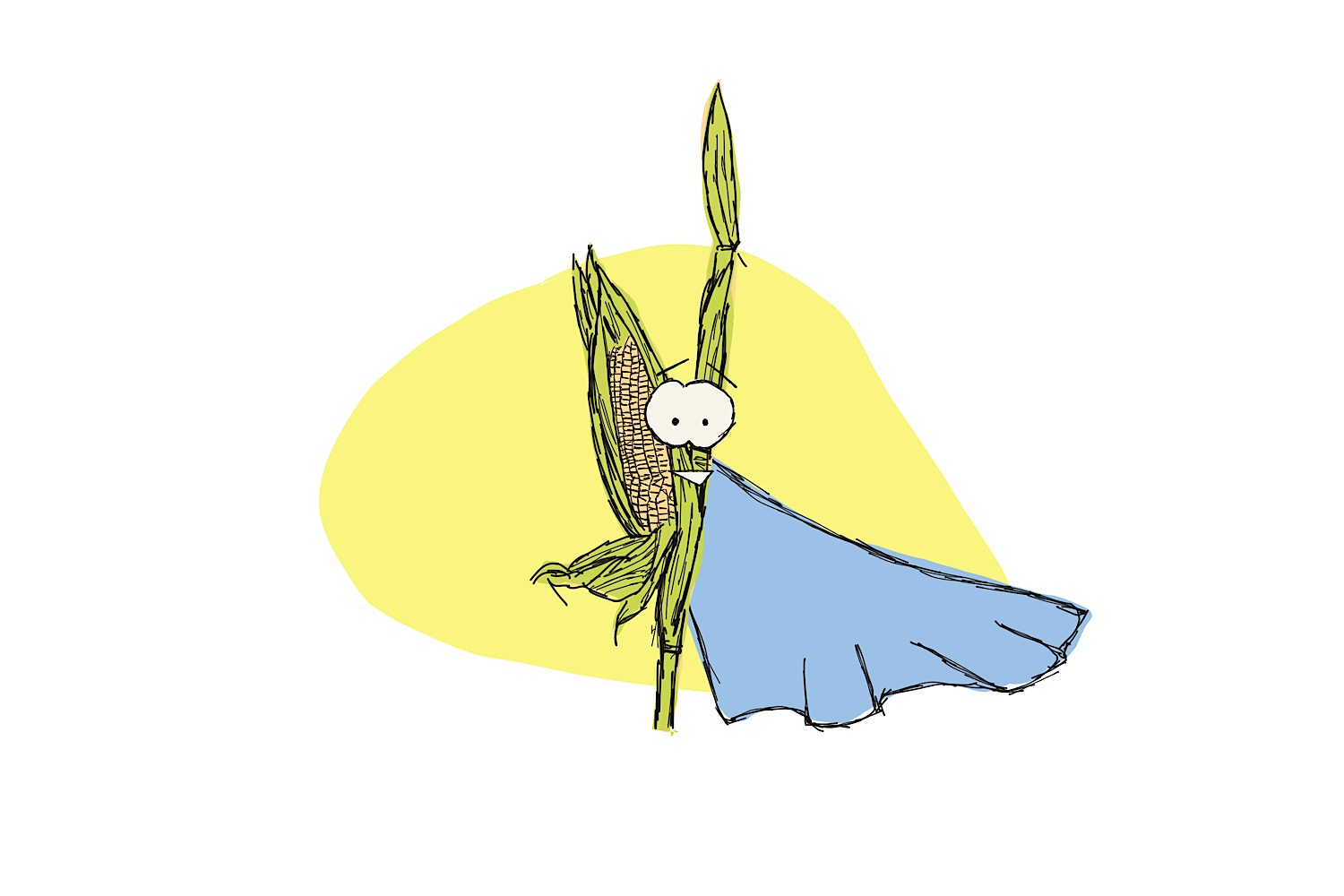
Fatherless super plants
Breeders have spent decades, centuries even, creating near-perfect crop lines. Meanwhile, scientists argue that these plants might still be further improved, and that new technologies can provide shortcuts in creating new lines. However, as is often the case, the theoretical discussion leads in practice to a dead end: the new technology simply doesn’t work when used with certain optimised lines. Recent work from Kelliher et al. demonstrates a neat way to ignore this problem. All you need is a few genetic glitches (or deliberately programmed errors), and a sprinkling of the right drugs.… Read more
-

Arbour Day- go plant a fig!
Seriously. Stop what you are doing right now, and go plant a fig. Or, I guess, keep reading, to learn some facts about our new favourite ficus, Ficus macrophylla, a.k.a, the Moreton Bay fig.… Read more
-
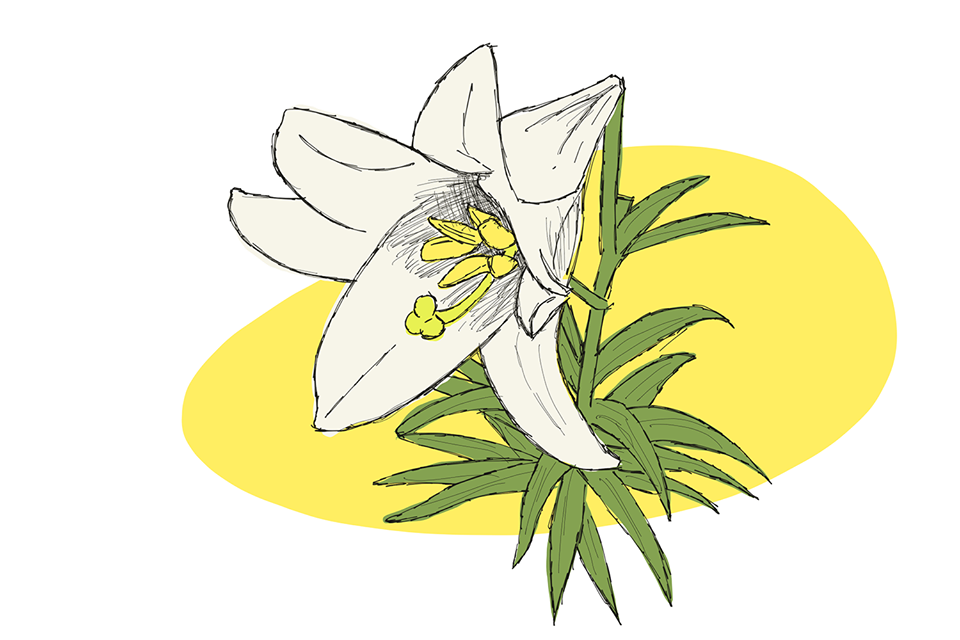
Happy Easter Lily
Hi all,
We’re taking a break to celebrate non-denominational Spring Festivities.
Here’s a slightly-related flower Joram drew.
T+J… Read more